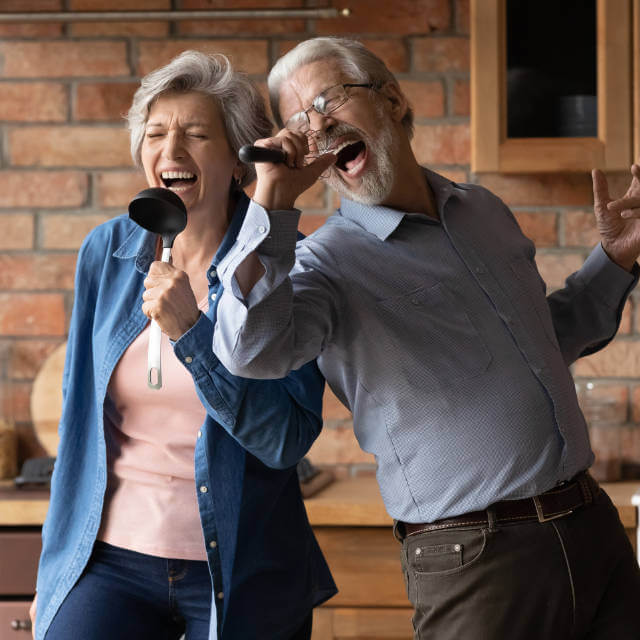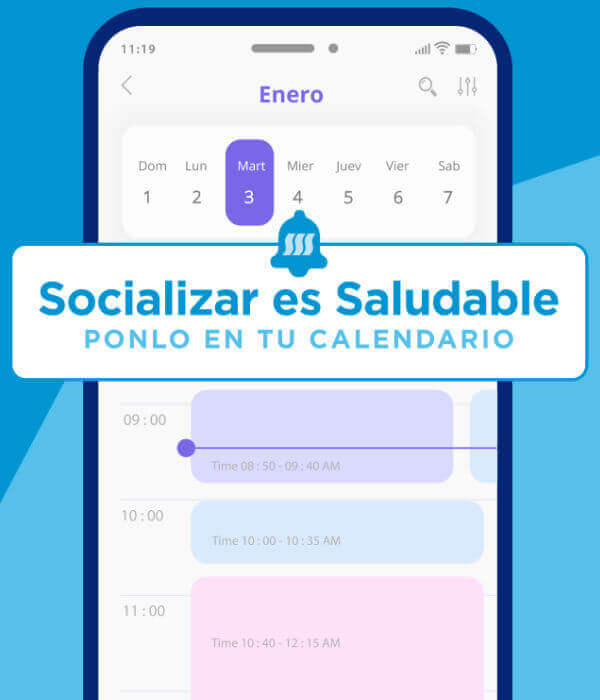Scientific data shows that social isolation harms our physical health and can even increase our likelihood of premature death by 29%.
Social isolation means maintaining few relationships or having infrequent social contact. And although loneliness causes us to feel alone, we can experience this feeling even when we are surrounded by people. Social connections are vital for human beings.
Research conducted by Dr. Julianne Holt-Lunstad, one of the top experts in this matter, shows that social isolation is as harmful as smoking 15 cigarettes a day. Her findings link social isolation to a higher risk for cardiac disease, diabetes, anxiety, and depression. Recently, Dr. Holt-Lunstad visited Puerto Rico to speak about the risks posed by loneliness and social isolation and the importance of taking action. It is important to disclose the possible impact of these factors so that people, as well as the health care system, the government, and community organizations, can identify the problem and find ways to address it and, even more importantly, prevent it.
Social isolation and loneliness can affect teenagers, adults, and older adults. Before the pandemic, there was already a degree of concern regarding the impact of social isolation and loneliness. Two years after the pandemic, this concern has given way to a sense of urgency. There is particular concern for teenagers and older adults over 65 years old.
Humans are predisposed to establishing social relationships, and having physical contact helps keep us more content. Additionally, it has been scientifically proven that keeping company provides great benefits to our physical and mental health: it minimizes the risk for dementia and mental illnesses, it reduces the symptoms of depression and helps us lead a less stressful life with a more positive attitude, it diminishes the sensation of pain, and it protects our cardiovascular health.
To learn more, visit https://management.grupotriples.com/socializaressaludable/en/.
Eating vegetables provides you with nutrients for a better health, but when you prepare them alongside your grandmother, you help reduce her risk for dementia and increase your own life expectancy.
Socializing is healthy!
Having a social life to avoid feeling lonely is important for your health.
Have a talk about it with your doctor!





